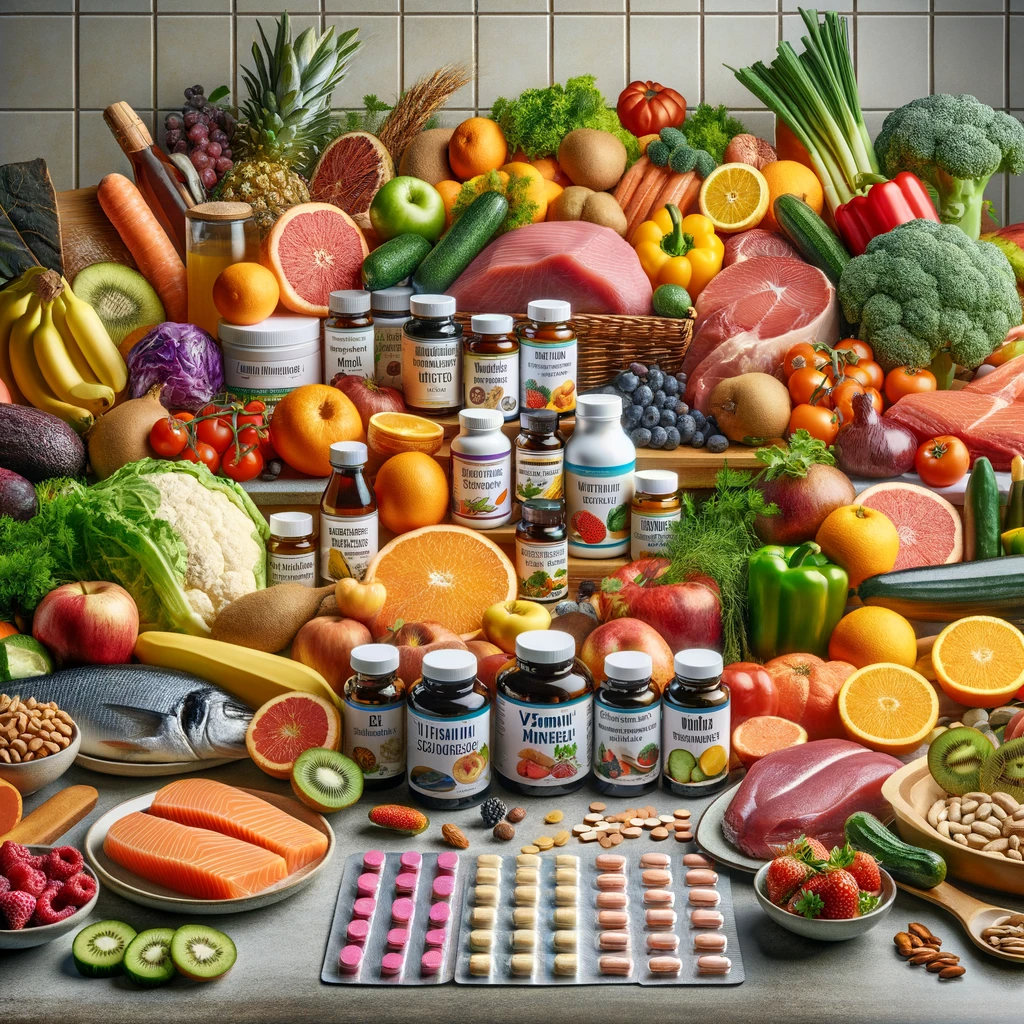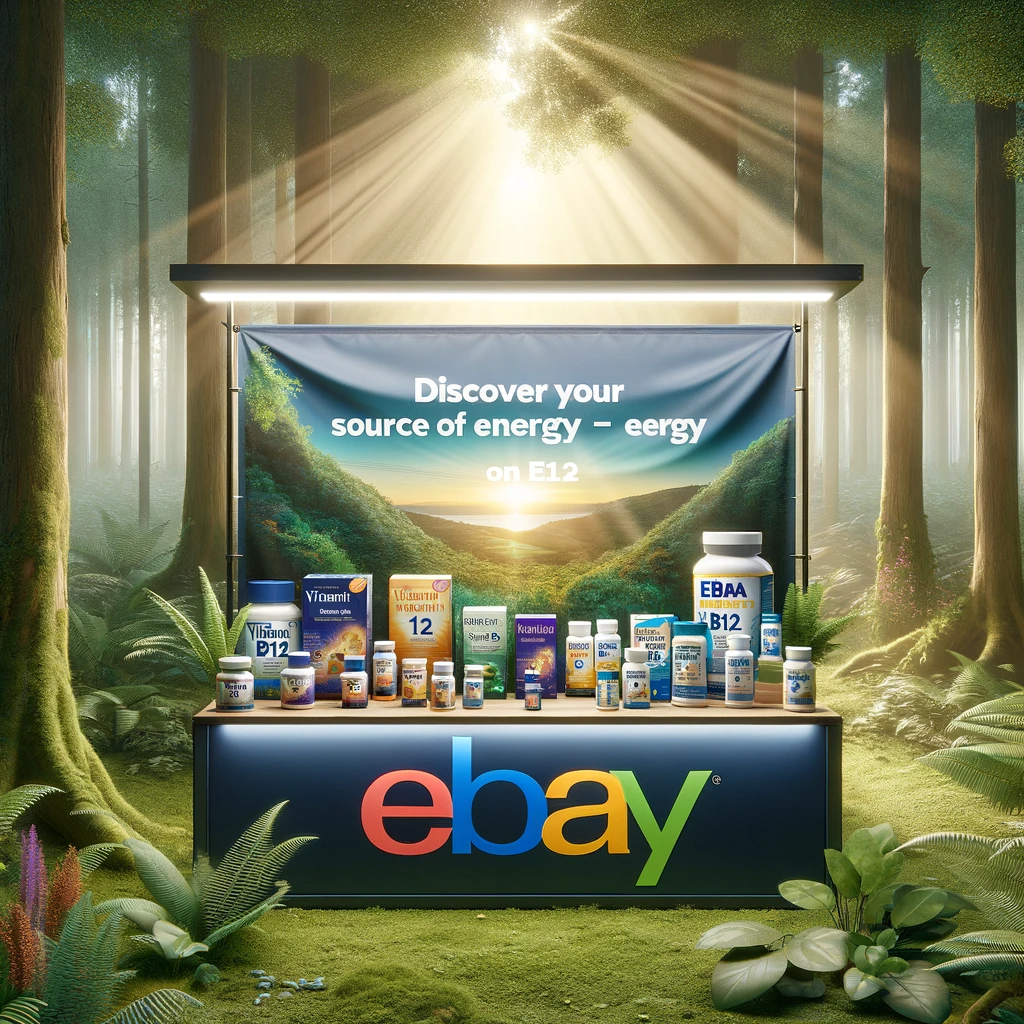Zinc
Zinc is a trace element that is essential for human health. It is involved in numerous aspects of cellular metabolism and is required for the catalytic activity of approximately 100 enzymes. It plays a vital role in immune function, protein synthesis, wound healing, DNA synthesis, and cell division. Zinc is also necessary for proper sense of taste and smell. A daily intake of zinc is required to maintain a steady state because the body has no specialized zinc storage system.

Great Deals And Selection On Amazon!
Zinc is not naturally produced by the human body and therefore must be obtained through diet or supplements. It is found in a wide variety of foods, including beef, poultry, seafood (especially oysters), beans, nuts, whole grains, and dairy products. The bioavailability of zinc from grains and plant foods is lower than from animal foods, though, because of the presence of certain compounds that bind zinc and inhibit its absorption.
The benefits of zinc for the human body are extensive. It is crucial for the normal development and function of cells mediating innate immunity, neutrophils, and natural killer cells. Zinc also has a role in modulating oxidative stress, inflammation, and immune response. It has been shown to reduce the duration and severity of cold symptoms, and its antioxidant properties can help fight off the damage caused by free radicals.

A great money-saving source for Zinc is eBay! Shop Now!
Zinc has been associated with the prevention and treatment of several diseases. Adequate zinc intake is essential in preventing zinc deficiency, which can lead to a variety of health issues, including impaired immune function, hair loss, diarrhea, and delayed wound healing. Studies have suggested that zinc supplementation can help reduce the incidence of pneumonia and diarrhea in children, improve outcomes for depression, and may even have protective effects against certain types of cancer, such as colorectal and esophageal cancer. However, it is important to note that excessive zinc intake can lead to toxicity and adverse health effects.
For further reading on the subject of zinc and its impact on health, the following sources provide valuable information:
- Li, J., Cao, D., Huang, Y., Chen, B., Chen, Z., Wang, R., Dong, Q., Wei, Q., & Liu, L. (2022). Zinc Intakes and Health Outcomes: An Umbrella Review. Frontiers in Nutrition.
- Anand, R., Mohan, L., & Bharadvaja, N. (2022). Disease Prevention and Treatment Using β-Carotene: the Ultimate Provitamin A. Journal of Carotenoid Research.
- Bourbour, F., Mirzaei Dahka, S., Gholamalizadeh, M., Akbari, M., Shadnoush, M., Haghighi, M., Taghvaye-Masoumi, H., Ashoori, N., & Doaei, S. (2020). Nutrients in prevention, treatment, and management of viral infections; special focus on Coronavirus. Archives of Physiology and Biochemistry.



